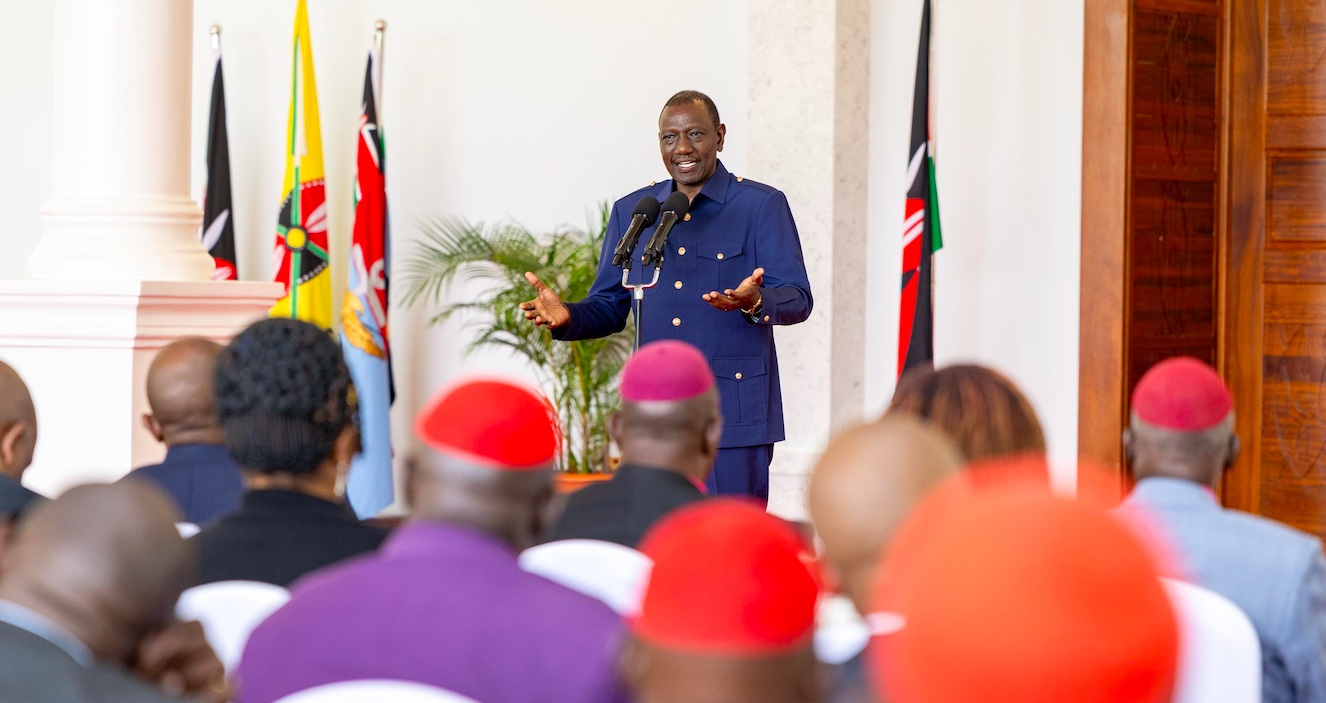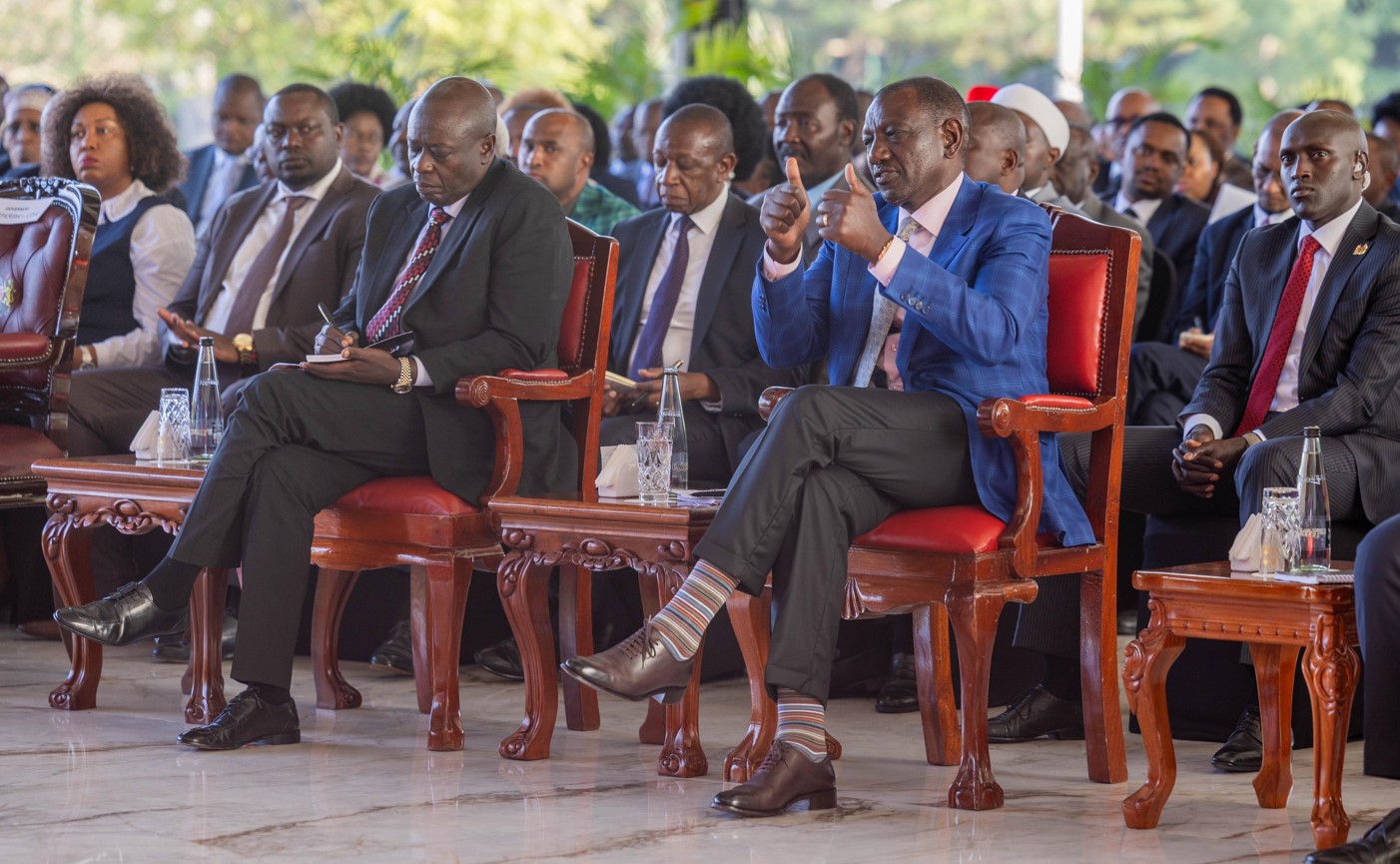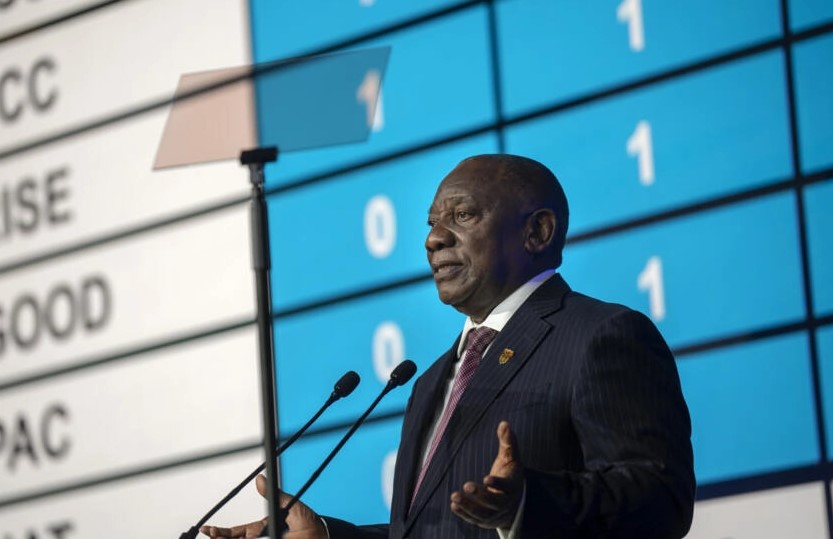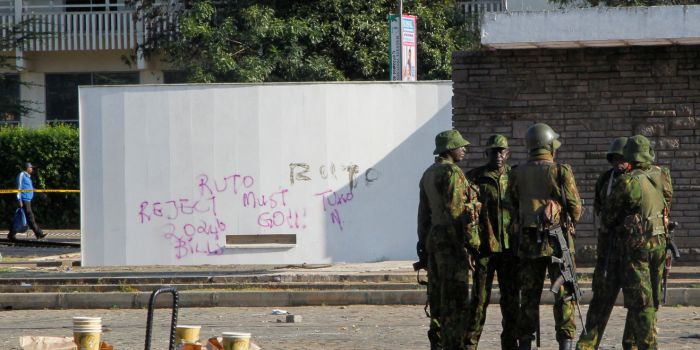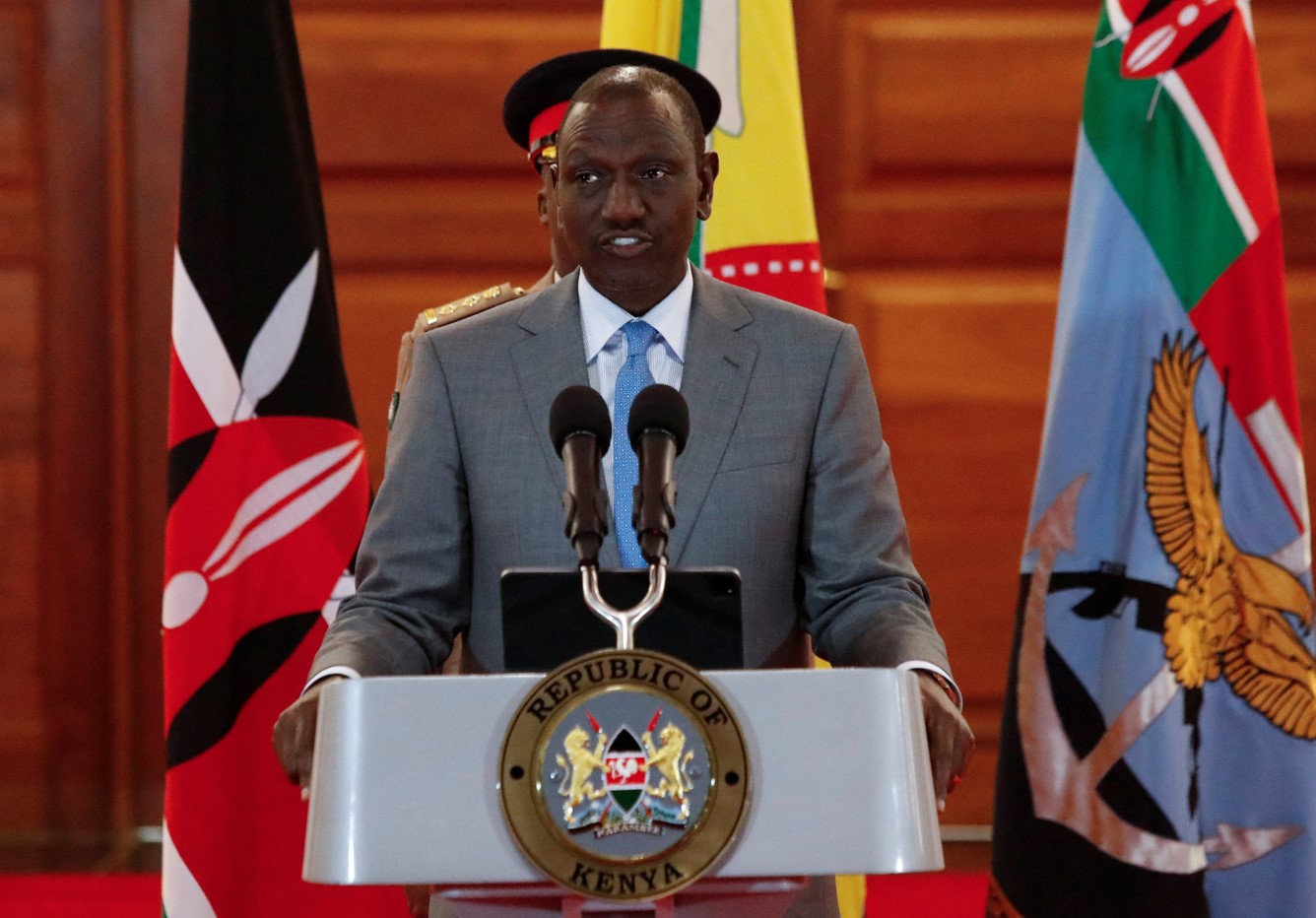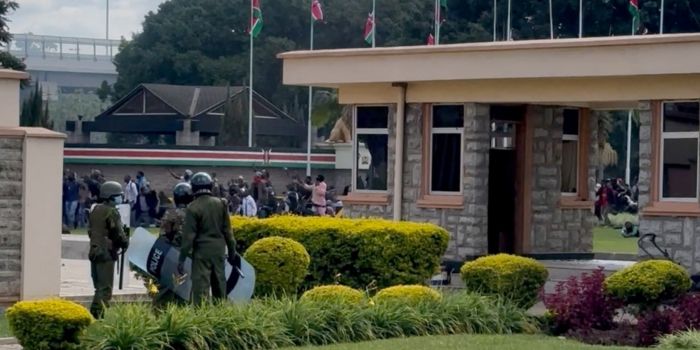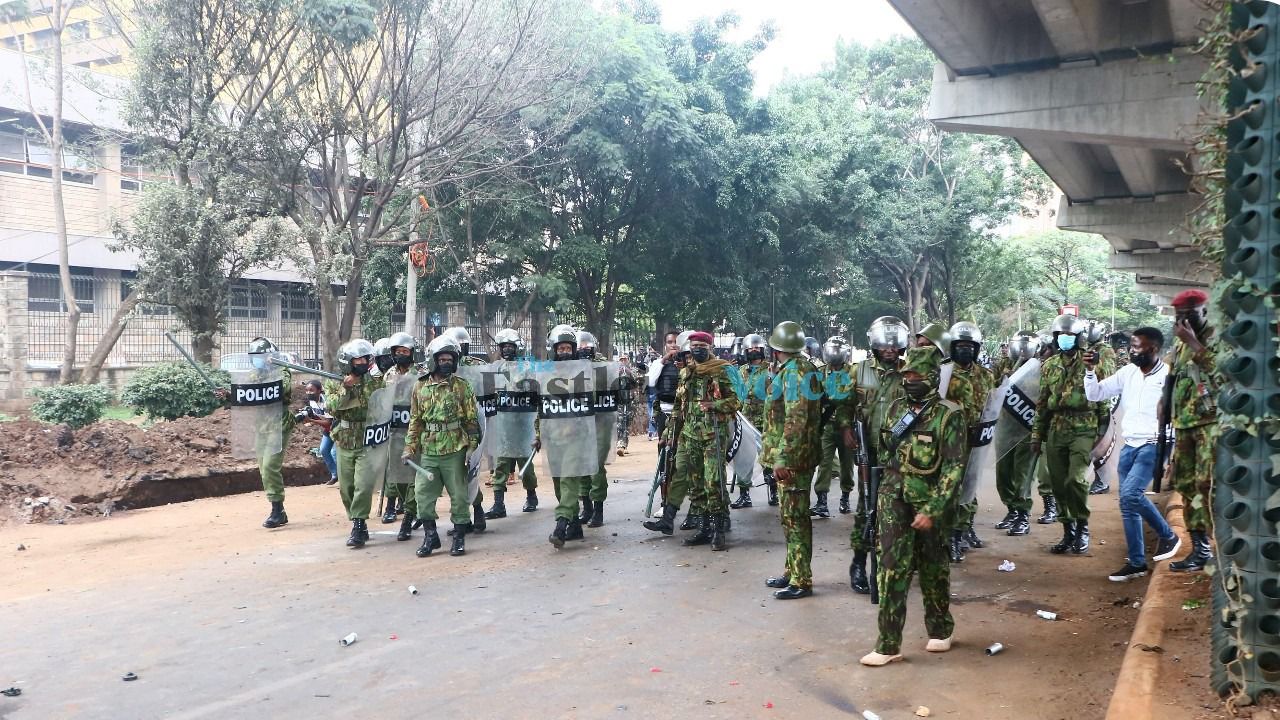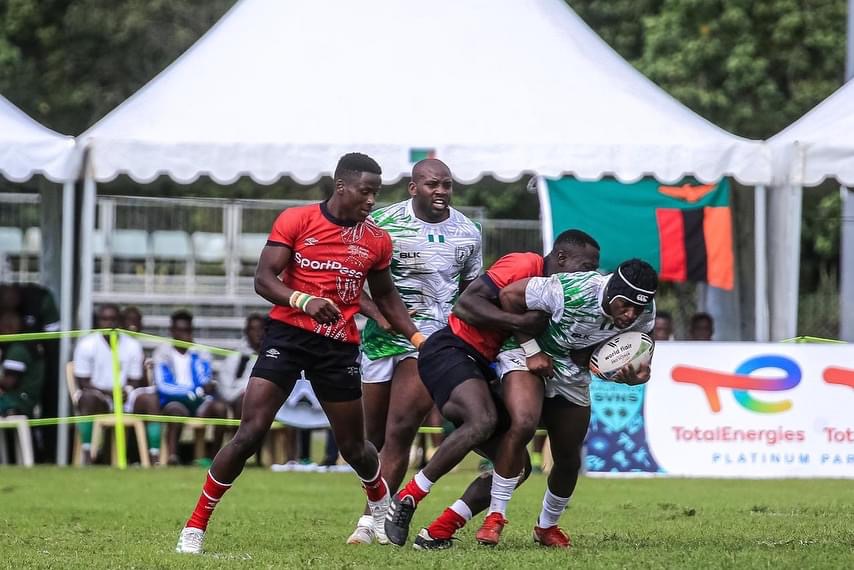Explainer: How to recall your Member of Parliament

By Maureen Kinyanjui |
The act also says that Parliament shall enact legislation to provide for the grounds on which a member may be recalled and the procedure to be followed.
Did you know that you can recall your member of Parliament in Kenya?
Kenyans on social media have started a conversation of recalling their Legislators who will vote in favour of the Finance Bill, 2024.
Keep reading
By law leaders who are elected to office during the General Elections are supposed to serve for five years.
However, we have circumstances when an MP can be recalled before the end of his term
What does the law say?
Article 104 of the Election Act states that the electorate under Articles 97 and 98 have the right to recall the member of Parliament representing their constituency before the end of the term of the relevant House of Parliament.
The act also says that Parliament shall enact legislation to provide for the grounds on which a member may be recalled and the procedure to be followed.
As required by Article 104 of the constitution, Parliament approved legislation governing the grounds and procedures for recalling MPs in 2011.
However, Parliament attempted to make the legal provisions it had enacted impossible to recall an MP.
In 2017, the High Court nullified sections of the law that had made it difficult for the electorate to fire a truant member of Parliament and county assembly.
Legislators had shielded themselves from being recalled by putting in place stringent requirements.
The requirements demanded that only a registered voter could initiate the process and that the petition must have the support of at least 50 per cent of registered voters.
In a unanimous decision, High Court judges Kanyi Kimondo, George Odunga, and Chacha Mwita agreed with Katiba Institute that the sections of the law that shielded legislators from removal were unconstitutional.
The three judges declared that sections 45(2)(3)and (6), 46(1)(b)(ii) and (c) and 48 of the Elections Act and sections 27(2)(3) and (6) and 28(1)(b)(ii) and (c) of the County Governments Act are meaningless and superfluous.
Section 45(2) spelled out that an MP would only be removed if found to have violated the provisions of Chapter Six of the Constitution or found to have mismanaged public resources.
The same section dictated that one had to go through the court and have a judgment. Section 46, on the other hand, limited the process to only a person who was registered to vote in the election with respect to the area represented by the MP or MCA. Section 48 dictated that a recall is valid if the number of voters who concur in the recall election is at least 50 per cent of the total number of registered voters in the affected county or constituency.
However, the judges found that the sections were against the Constitution and the rights of the electorate.
The judgment of the court meant that any person, so long as you are a constituent of the MP or MCA who is to be ousted, can source for signatures and start the removal process.
Therefore, the High Court opened the doors to election losers to also initiate the process.
How to recall your MP
The Elections Act stipulates that an MP can only be recalled at least two years after being elected and not less than one year (12 months) before the next general elections.
The first step involves, a voter(s) who wishes to recall their Member of Parliament should prepare and file a petition for recall with the Independent Electoral and Boundaries Commission (IEBC) through writing.
The petition must be signed by voters, including the grounds for recall, and be accompanied by the fee required for an election petition.
Currently, the fee is Sh30,000 which is the equivalent of court fees a person who challenges an election of an MP pays when they initiate an election petition.
What follows next is the collection of names and signatures of at least a third of the registered voters from the sub-county in support of the recall petition.
As guided by law, those who will append their signature in support of the recall must be registered in different parts of the subcounty.
Within 30 days of filing the recall petition, the names of the voters who signed must be supplied to the IEBC to verify the list.
Within 15 days after verification, the commission must issue a notice of recall to the Speaker of the National Assembly.
The third and final step involves the commission preparing for and conducting a recall vote.
This must happen within 90 days from the date when the notice of recall was issued to the speaker.
The election will include a simple ' yes' or 'no' question with symbols on the ballot paper denoting each side.
If the recall process succeeds, the concluding law indicates that a by-election should be held to elect a new Member of the Parliament.



